Travelling with Cannabis
As we approach the holiday season, you may ask yourself
“How do I travel with my cannabis?”
“What are the rules where I am going?”
“How much can I take?”
“How do I pack it?”
“Where can I consume?”
Well, this blog is the right place to start. Let’s investigate further good practices for travelling throughout Canada with your cannabis prescription.
Possession limits and Packing
Health Canada’s regulation for being anywhere outside your private residence is a maximum of 30g of Cannabis equivalent for recreational; in addition to this, if you are a medical patient, add 30 times your daily gram prescription up to a maximum of 150g., So, if you have a 3g/day prescription, that is 90g medical total plus 30g recreational total allowed on you at any time. You must go with whichever number is less. If someone had a 10g prescription, they could only hold 150g plus their recreational 30 grams, not the calculated 300g. Don’t forget to carry your invoice from your medical cannabis purchase. The invoice will contain your prescription information in the top right-hand corner, and the products you have should match the items on the invoice. It also does not hurt to carry a copy of your prescription to demonstrate your permitted amount.
Packing your products can differ depending on where you are going. Edmonton, Alberta, states packaging does not have to be retail packaging. However, Ontario.ca says it should not be transported in an opened and unoriginal package. Home growers should have the original copy of your ACMPR registration and pack your product in a way that reduces the likelihood of odour. Investigating the Provincial regulations for where you travel is always a good practice.
Consumption by Smoking/Vaping.
Smoking and vaping laws can be diverse and change from place to place. Generally, recreational consumers are permitted to use in private residences and properties unless otherwise posted. Some jurisdictions restrict inhalation to specific outdoor areas; you may have to walk a little to get there. Halifax, Nova Scotia, has implemented this regulation; you can find the permitted areas by quickly Googling the map.
Here is an excellent overview of the different province’s regulations.
This is where the regulations start to look a little different for medical consumers. A private organization can prohibit smoking/vaping Cannabis in their area. Still, they should also provide a way for someone to consume without causing hardship to that organization and others. Be sure to be able to show proof of your prescription with the packing slip or a copy of your medical document/prescription. However, you are not allowed to vape or smoke inside a vehicle, medical or recreational, at any time.
Other Consumption Methods
Another difference between medical and recreational consumption regulations is being able to consume other products outside of the home. Edibles, oils, capsules, sprays, topicals, etc., can be utilized anywhere other medications could be consumed, but not for recreational use. Topicals in this area would be an interesting gray area for recreational use anyway, but still not recommended if you do not have a medical prescription.
Ground Travel
Cannabis should never be readily available for the person driving. As noted above, Cannabis should be in its original retail packaging, unopened, and stored in your trunk. Public transit would be an instance where this rule is slightly different. Although it is not recommended to be displayed or have a strong odour, you do not always have a trunk for storing. The possession limits still exist, and opened products are not recommended. You can consume non-vaped or smoked products like edibles with a medical prescription or if permitted by the local regulations and the company providing the service. If you do not follow these directions, the law can confiscate the items, and you will be responsible for paying the fine.
Air Travel
CATSA regulations allow for both checked and carry-on cannabis products. Liquids and topicals are subject to the 100ml rules and should be placed in a 1-litre bag. For medical, you can have over 100ml, but you must present it in screening and have a copy of your medical document or supplier letter from your recent medical order. Consumption of non-vape or smoked products can be consumed in areas like other medications, but for recreational, you should check with the company you are flying with and the airport you are in just to be sure. Transport Canada recommends placing them in your carry-on, battery, and spare batteries. All batteries and devices must be protected from activation or short circuits and are not to be charged while flying. Consumption of vaped or smoked products is not permitted on planes or in airports.
International Travel
The Canada Border Service Agency states that we are not able to transport Cannabis over the border even with a medical prescription. This goes for all THC, CBD, and other minor cannabinoid products. The only exemption is when Health Canada permits this for science or business purposes. It is recommended not even to attempt to bring any cannabis product of any sort over the border.
Cannabis Inhalers
We touched on the different regulations between vaped or inhaled vs not, but what about inhalers?
Recreational use mainly falls back to the private residence, but medical is different, so what happens there? If we approach them like we approach other medications, they will be permitted in all the non-vaped spaces. It is more like a spray where it is not vaped, nor smoked, but aerosolized. And because sprays are regulated as non-vaped or smoked products, inhalers should fit right in that category.
Cannabis can be a thing of therapy and recreation and should not come with the extra stress of understanding regulations. If you are going to consume, consume responsibly.
Here’s to happy holidays while consuming and travelling safely with Cannabis!
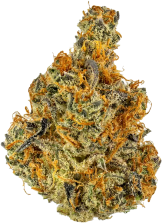
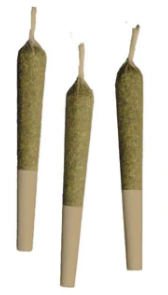

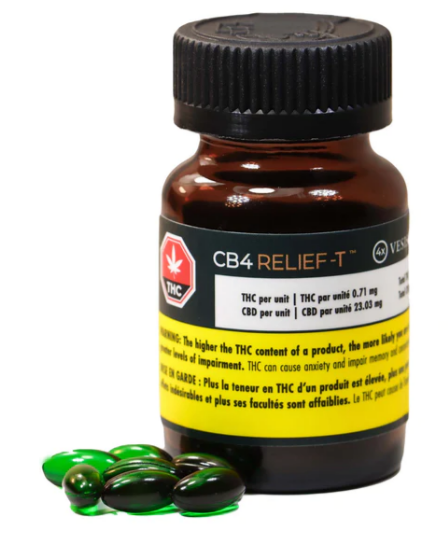
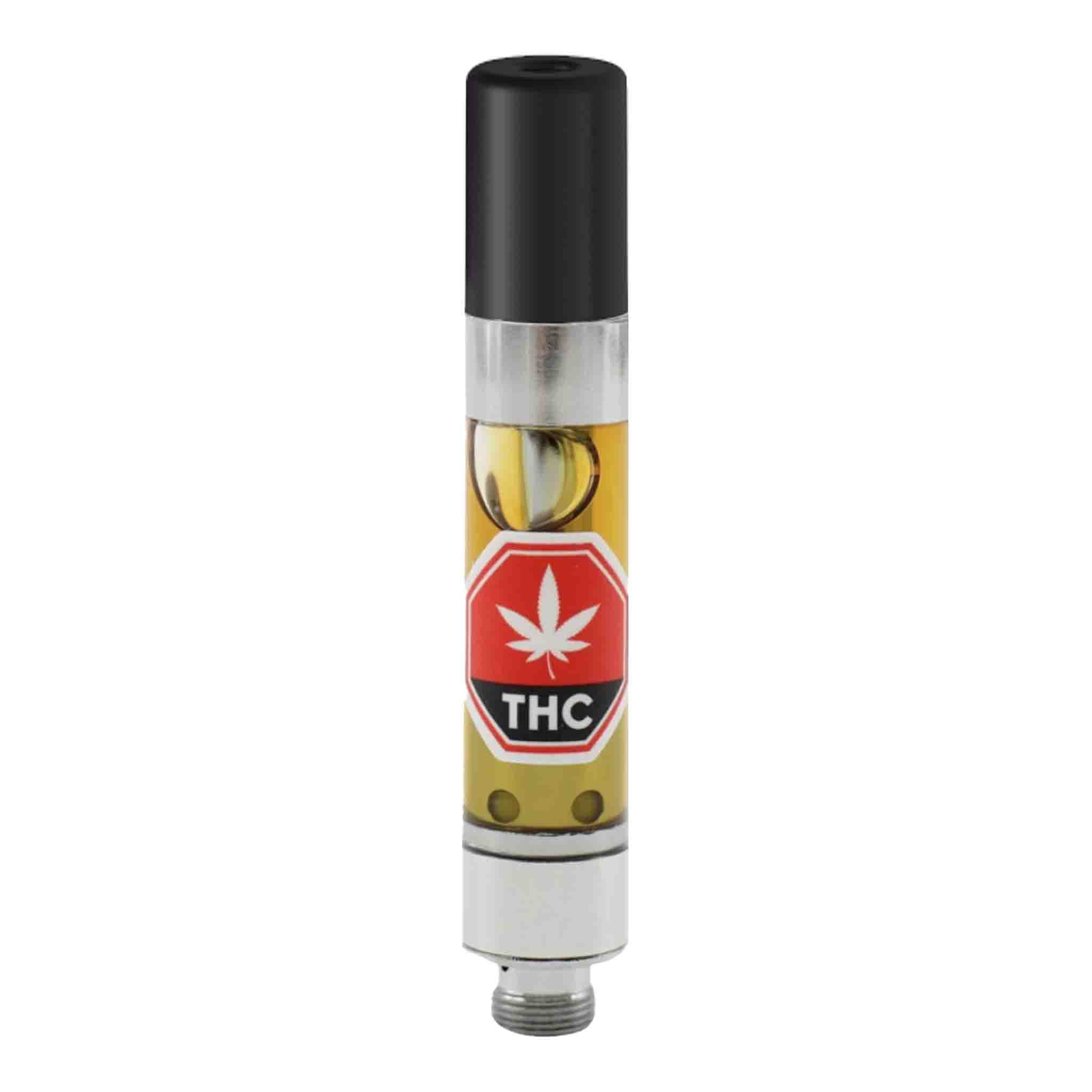
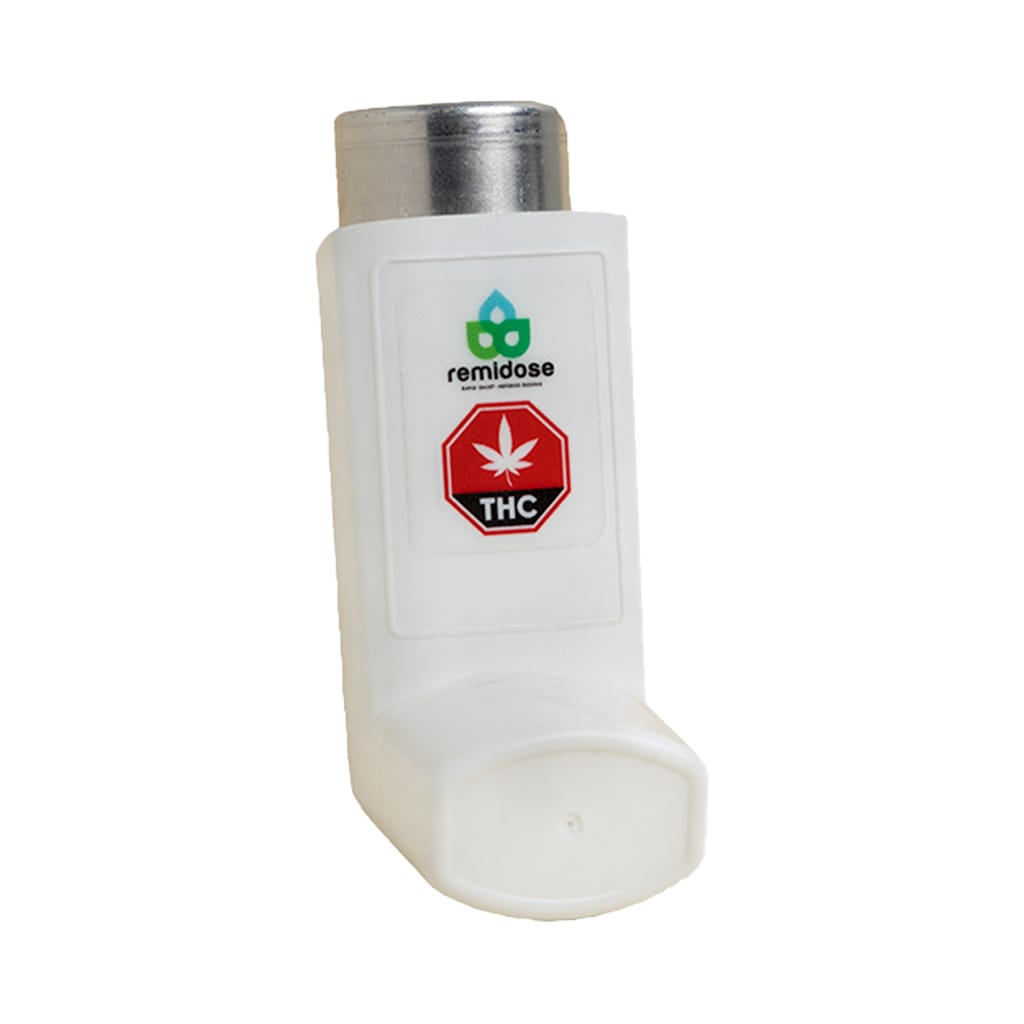
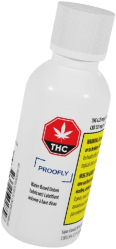
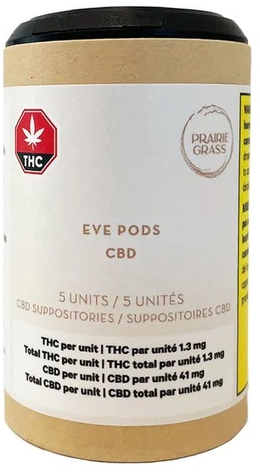
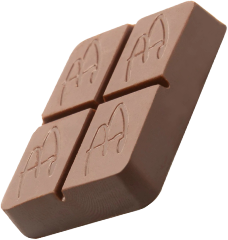
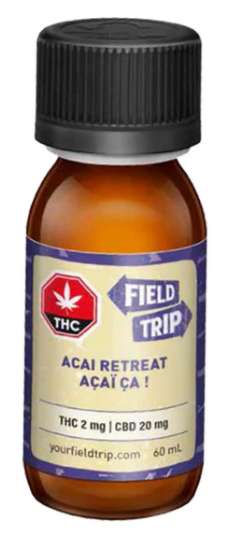
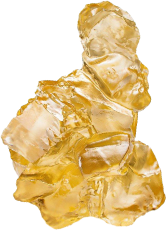
 About Abba Medix
About Abba Medix





